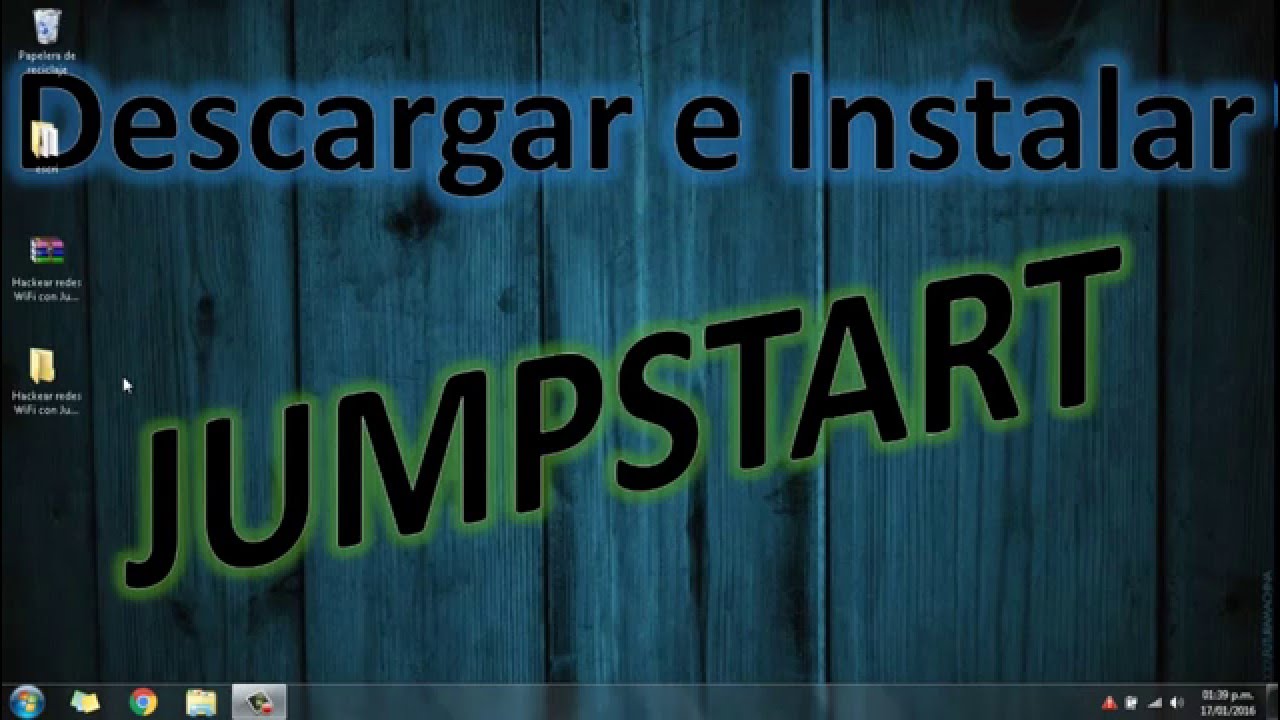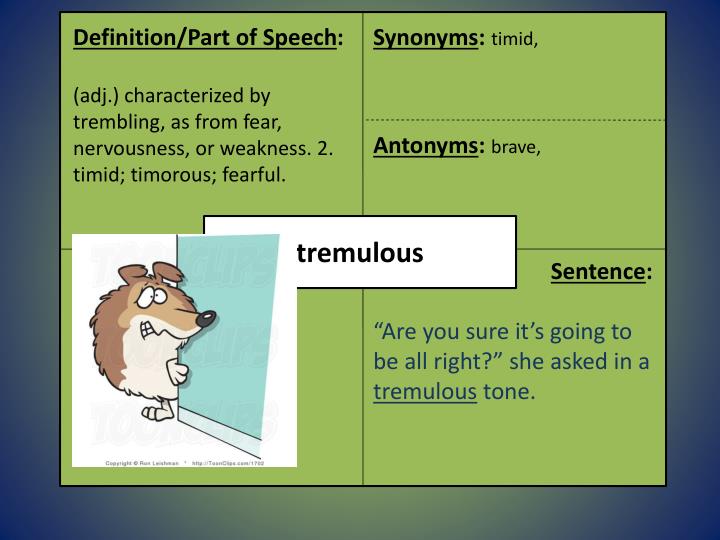

All handwriting analysis was performed blind to clinical details. We analyzed the accuracy of subjective and objective assessment of handwriting samples for distinguishing 27 PD cases, 22 with tremulous PD, and five with akinetic-rigid PD, from 39 movement-disorder patients with normal presynaptic dopamine imaging (subjects without evidence of dopamine deficiency or SWEDDs 31 with dystonic tremor (DT), six indeterminate tremor syndrome, one essential tremor, one vascular parkinsonism). That's how I stumbled upon a page at the site for Merriam-Webster, which listed among "Unusually Long English Words" such words as "consanguineous," "psychotomimetic," "omphaloskepsis," "myrmecophilous," "embourgeoisement," and "polyphiloprogenitive.Handwriting examinations are commonly performed in the analysis of tremor and Parkinson’s disease (PD). Such is the labor-saving world in which we live. I looked many of the words up online, by the way, because googling is easier than paging through a dictionary. According to the definition, it might have something to do with waiting on tables in a restaurant. According to an online dictionary, that means obedient or attentive to an excessive or servile degree. In the latter case, I usually just write something like "things were shaking."Īnd, some of the words I merely didn't know. Some of the words I recognized and actually knew the meaning of, but I never think to use the words in my writing. It's kind of like a "write one and get one free" vocabulary sale. If I use those words it will show that I know the words from which they came, as well. Such words could make my new vocabulary seem cantankerous.Ī few words seemed interesting in their derivation. OK, I'll admit, some of the words I copied down only because I liked the sound of them. I'm almost analphabetic when it comes to long words. In fact, I might be more stupid than I thought. Which means I am very accurate in my perception of my vocabulary. It took several pages to transcribe all the words. I read books by academic writers I perceive to be intelligent − professors and Ph.Ds and other people who get paid to be smart.Īnd, each time I came across a word − a word that might make me sound intellectual if I later wrote something with it − I listed it and then looked it up. So, I read on, or I perdure in my perusal, as some of the writers of the books might say. That's not going to expand my vocabulary, although admittedly it might make it more colorful. Hey, what else have I got to do? I could play golf instead, I suppose, but most of the words I hear or use during a typical round of that sport are only four letters in length. You might say I'm in a race with my own "quietus." At my age, there's a sense of urgency here. I figured if I looked them up in the dictionary, and studied their spelling, I could increase my vocabulary over whatever time I have left. Which is why, in retirement, when I started to have more time to read, I began to copy down words on a piece of paper as I encountered them.

When I want to sound really intelligent, I throw in papaya. My "P" words have ended up being pen, pet, pal, pass, paper, point, print, partner and please. Which is why, over the years of writing my vocabulary has suffered a bit. And, from listening to my early journalism professors, and taking their advice to heart, I've written simply during my career. A lot of your vocabularies include such words as progeny, paragon, pejoratively, promulgate, prerogative, perfunctory and pulchritudinous − and that's just from the longer "P" words.Īnd, the propensity for writing more intellectually has increased in journalism through the years, if only because writers sometimes enjoy showing off what they know. Personally, I have great respect for the vocabularies of readers, which I long have believed to be up there in high school or college level and many even into the learned status of post-graduate degree.


 0 kommentar(er)
0 kommentar(er)
